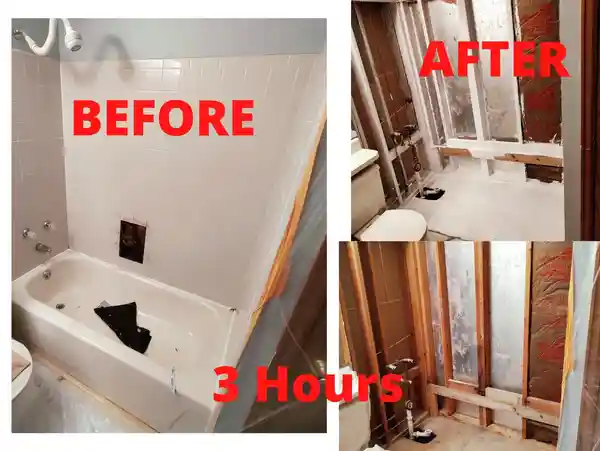
Introduction
In today’s world, maintaining a clean and safe environment is crucial for both residential and commercial spaces. Cleaning and remediation services play an essential role in ensuring that these spaces are not only tidy but also safe from contaminants and Trusted home cleaning for aging parents. This article explores what cleaning and remediation services entail, the types of services offered, and their importance in various settings.
What Are Cleaning and Remediation Services?
Cleaning services primarily focus on maintaining cleanliness and hygiene in spaces through regular cleaning tasks, such as dusting, vacuuming, and sanitizing surfaces. On the other hand, remediation services address specific environmental issues, including contamination from mold, water damage, hazardous materials, and other pollutants. While cleaning services are often routine, remediation services are usually more specialized and may require expert intervention.
Types of Cleaning Services
- Residential Cleaning:
- Routine Cleaning: Regular cleaning tasks including dusting, vacuuming, mopping, and sanitizing bathrooms and kitchens.
- Deep Cleaning: A more thorough cleaning process that targets hard-to-reach areas, including behind appliances and inside cabinets.
- Commercial Cleaning:
- Office Cleaning: Services tailored for office environments, focusing on cleanliness and hygiene to promote productivity.
- Industrial Cleaning: Cleaning of industrial facilities, often involving specialized equipment to handle large-scale cleaning tasks.
- Specialty Cleaning:
- Carpet and Upholstery Cleaning: Services that involve deep cleaning carpets, rugs, and upholstery to remove stains and allergens.
- Window Cleaning: Professional cleaning of windows to improve visibility and aesthetics.
Types of Remediation Services
- Mold Remediation:
- This process involves identifying, containing, and removing mold growth in homes or businesses. It often includes repairing the source of moisture that caused the mold and ensuring proper air quality.
- Water Damage Restoration:
- When flooding or leaks occur, water damage restoration services address the aftermath by extracting water, drying out the space, and repairing any structural damage.
- Hazardous Material Removal:
- This includes the safe removal and disposal of hazardous materials such as asbestos, lead, or chemical spills. Professionals are trained to handle these materials safely to prevent exposure.
- Fire Damage Restoration:
- After a fire, this service helps restore affected areas, remove smoke and soot, and mitigate odors, ensuring that the environment is safe and habitable.
Importance of Cleaning and Remediation Services
- Health and Safety:
- Regular cleaning and remediation services help reduce the risk of illnesses caused by bacteria, viruses, allergens, and mold. A clean environment promotes better health for occupants.
- Property Protection:
- Timely remediation of issues like water damage or mold growth can prevent further structural damage, saving property owners from costly repairs in the future.
- Improved Indoor Air Quality:
- Cleaning and remediation services enhance indoor air quality by eliminating dust, allergens, and pollutants, which is especially important for individuals with respiratory issues.
- Compliance and Regulations:
- Many industries have strict regulations regarding cleanliness and safety. Professional cleaning and remediation services ensure compliance with these regulations, reducing legal risks.
- Enhanced Aesthetics:
- A clean and well-maintained space not only looks better but also creates a positive impression on visitors, clients, and employees.
Conclusion
Cleaning and remediation services are vital for maintaining a healthy and safe environment in both residential and commercial settings. By understanding the different types of services available and their significance, property owners can make informed decisions to ensure their spaces remain clean, safe, and welcoming. Whether it’s routine cleaning or specialized remediation, investing in professional services is essential for long-term health, safety, and property value.
